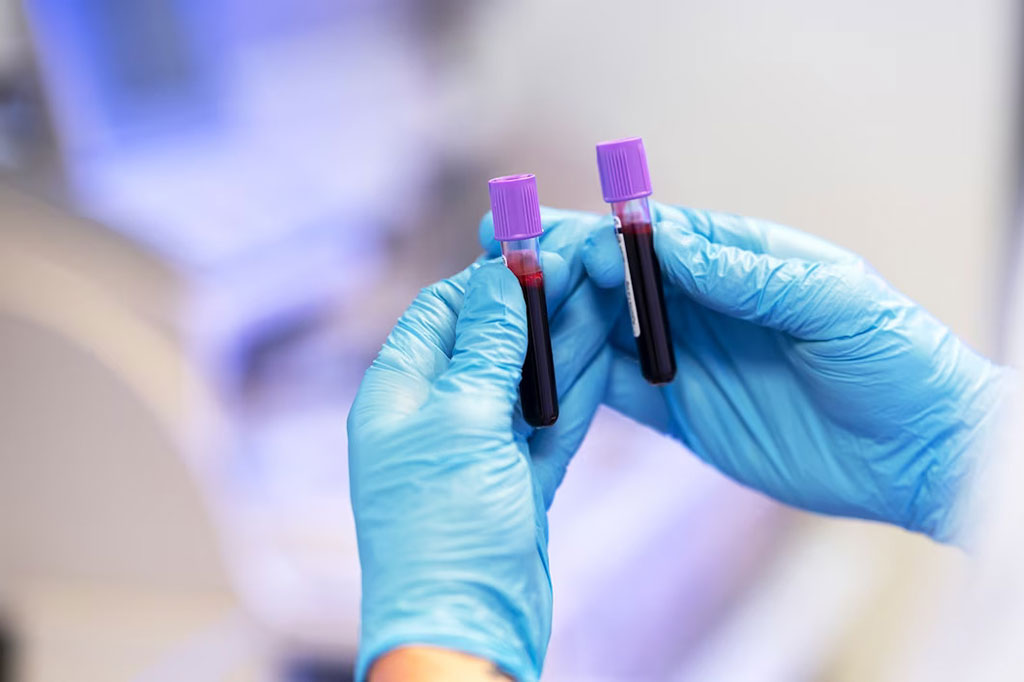First-of-Its-Kind Study Establishes Pediatric Reference Intervals for Common Cardiovascular Disease Tests
Posted on 13 Apr 2023
Numerous pediatric hospitals have begun utilizing two cardiac tests, high-sensitivity cardiac troponin (hs-cTn) and N-terminal pro B-type natriuretic peptide (NT-proBNP), which measure levels of proteins cTn I or T and NT-proBNP respectively. Recent research indicates that these tests may enhance care for children with various conditions, including congenital heart disease, heart failure, and multi-system organ failure due to sepsis. However, a significant limitation is the lack of established pediatric reference intervals for hs-cTn and NT-proBNP. These intervals, which account for age, developmental stage, ethnicity, and gender, are crucial for accurate test interpretation, as their absence can lead to misdiagnosis and potentially harmful medical care. A groundbreaking study has now defined pediatric reference intervals for these two common cardiovascular disease tests, which is vital for improving heart condition diagnosis and treatment in children.
Researchers at The Hospital for Sick Children (SickKids, Toronto, ON, Canada) conducted a study to establish pediatric reference intervals for both hs-cTnI and NT-proBNP. They analyzed around 200 blood samples from healthy pediatric patients (ranging from newborns to 18-year-olds) using hs-cTnI and NT-proBNP tests from a major diagnostic manufacturer. Based on the analysis results, the researchers followed the Clinical and Laboratory Standards Institute EP-28A3c guidelines to determine reference limits at the 2.5th, 97.5th, and 99th percentiles.

Importantly, the researchers discovered that hs-cTnI and NT-proBNP blood concentrations are significantly higher in newborns, with 99th percentiles at 55.8 ng/L and 1,785 ng/L, respectively. This indicates that test results for hs-cTnI and NT-proBNP not exceeding these levels are normal for newborns, although such levels in adults would suggest cardiovascular disease. This finding could prevent misdiagnosis of heart issues in newborns and highlights the importance of pediatric reference intervals for these tests.
"Lack of evidence-based pediatric reference standards for cardiac biomarker interpretation complicates test interpretation," said Khosrow Adeli, PhD, and PhD candidate Mary Kathryn Bohn of SickKids, who conducted the study. "The current study establishes comprehensive pediatric reference limits for high sensitivity cardiac troponin I and NT-proBNP in the CALIPER cohort and demonstrates the importance of considering age in interpretation. These data valuably contribute to the limited literature on expected health-associated values for cardiac biomarkers in children and will be helpful to clinical laboratories in interpreting these [increasingly] utilized assays in neonates, children, and adolescents."
Related Links:
SickKids










 (3) (1).png)


